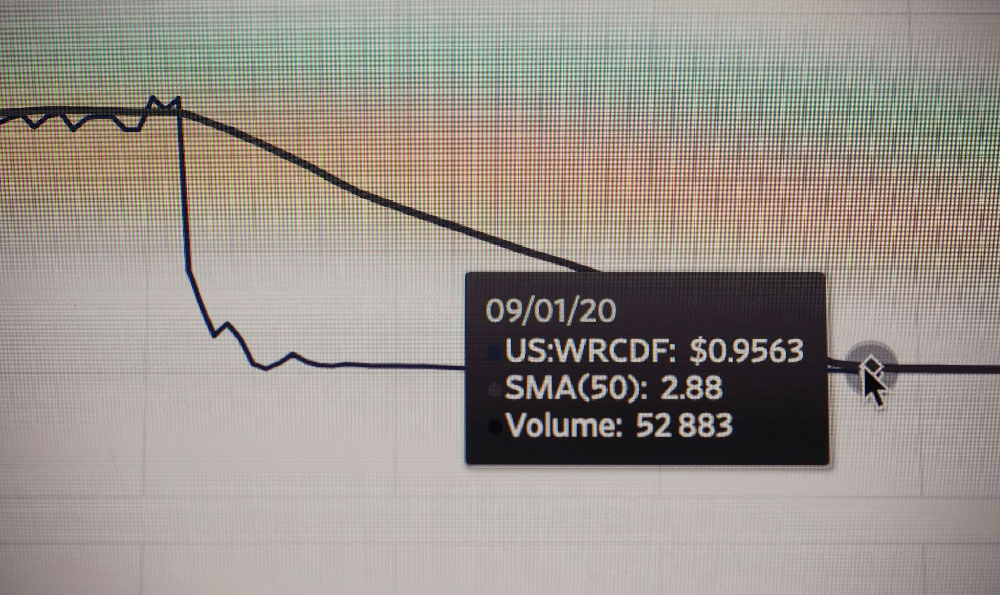Is Buying a House Wise? A Smart Investment Choice?
The allure of owning a home remains a cornerstone of the "American Dream" and a universally pursued aspiration in many cultures. For generations, it has been touted as a sound financial investment, a symbol of stability, and a legacy to pass down. But in today's rapidly evolving economic landscape, the question, "Is buying a house wise?" requires a more nuanced examination. It's not a simple yes or no answer, but rather a "it depends" scenario heavily influenced by individual circumstances, market dynamics, and long-term financial goals.
The Traditional Argument: Homeownership as an Investment

Historically, real estate has proven to be a valuable asset that appreciates over time. Several factors contribute to this appreciation:
- Inflation: As the cost of goods and services rises, so too does the value of real estate. A house purchased today may be worth significantly more in the future, offering a hedge against inflation.
- Supply and Demand: In areas with limited housing supply and increasing demand, property values naturally increase. This is particularly true in desirable locations with strong economic growth and job opportunities.
- Forced Savings: Mortgage payments act as a form of forced savings. Each payment includes a portion that goes towards principal, gradually increasing your equity in the property.
- Tax Benefits: In many jurisdictions, homeowners are eligible for tax deductions on mortgage interest and property taxes, further incentivizing homeownership.
- Rental Income Potential: A house can be rented out, providing a stream of passive income. This is particularly attractive in popular tourist destinations or areas with a large student population.
Beyond the Numbers: The Intangible Benefits of Homeownership
Beyond the potential for financial gain, homeownership offers a multitude of non-financial benefits:
- Stability and Security: Owning a home provides a sense of stability and security. You have a permanent place to call your own, free from the uncertainties of renting.
- Personalization and Customization: As a homeowner, you have the freedom to personalize and customize your living space to your liking. You can renovate, remodel, and decorate without needing landlord approval.
- Community Connection: Homeownership often fosters a stronger sense of community. Homeowners are typically more invested in their neighborhoods and more likely to participate in local activities.
- Building Equity and Wealth: Over time, as you pay down your mortgage and your property appreciates in value, you build equity, which can be used for future investments or other financial needs.
The Counterarguments: The Hidden Costs and Risks of Homeownership
While the benefits of homeownership are undeniable, it's crucial to acknowledge the potential drawbacks and hidden costs:
- High Upfront Costs: Buying a house requires a significant upfront investment, including a down payment, closing costs, and moving expenses. These costs can be a substantial barrier to entry for many individuals.
- Ongoing Maintenance and Repair Costs: Owning a home comes with ongoing maintenance and repair costs. Leaky roofs, broken appliances, and plumbing issues can arise unexpectedly and drain your finances.
- Property Taxes and Insurance: Property taxes and homeowner's insurance are recurring expenses that can significantly impact your monthly budget. These costs can fluctuate depending on location and coverage.
- Illiquidity: Real estate is an illiquid asset. Selling a house can take time and effort, and you may not be able to access your equity quickly in case of an emergency.
- Market Fluctuations: Real estate markets are subject to fluctuations. Property values can decline due to economic downturns, changes in interest rates, or local market conditions.
- Opportunity Cost: Investing in a house means tying up a significant amount of capital that could potentially be invested in other assets, such as stocks or bonds, which may offer higher returns.
Is it Right for You? Factors to Consider Before Taking the Plunge
Deciding whether or not to buy a house is a personal decision that should be based on careful consideration of your individual circumstances. Here are some key factors to consider:
- Financial Stability: Are you financially stable and able to afford a down payment, closing costs, and ongoing maintenance expenses? Do you have a stable income and a good credit score?
- Long-Term Goals: What are your long-term financial goals? Are you planning to stay in the same location for at least five to seven years?
- Market Conditions: What are the current market conditions in your area? Are interest rates low? Is it a buyer's market or a seller's market?
- Lifestyle Preferences: Do you value stability and permanence, or do you prefer the flexibility and mobility of renting?
- Emotional Readiness: Are you emotionally ready for the responsibilities of homeownership? Are you prepared to handle the challenges and stresses that come with owning a home?
The Importance of Due Diligence and Expert Advice
Before making the decision to buy a house, it's essential to conduct thorough due diligence and seek expert advice.
- Research the Market: Research the real estate market in your area and understand the trends in property values, interest rates, and inventory levels.
- Get Pre-Approved for a Mortgage: Get pre-approved for a mortgage to determine how much you can afford to borrow.
- Work with a Reputable Real Estate Agent: Work with a reputable real estate agent who can guide you through the buying process and help you find a suitable property.
- Get a Home Inspection: Get a professional home inspection to identify any potential problems with the property.
- Consult with a Financial Advisor: Consult with a financial advisor to assess your financial situation and determine if buying a house is the right investment for you.
The Verdict: A Personalized Investment Choice
Ultimately, the decision of whether or not buying a house is a wise investment is a personal one. There is no one-size-fits-all answer. By carefully considering your individual circumstances, market conditions, and long-term goals, you can make an informed decision that aligns with your financial objectives and lifestyle preferences. While homeownership offers numerous benefits, it's crucial to be aware of the potential drawbacks and hidden costs. Due diligence and expert advice are essential for navigating the complexities of the real estate market and making a sound investment decision. Whether you choose to rent or buy, the key is to make a conscious and informed decision that supports your overall financial well-being.












